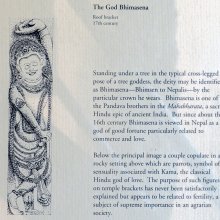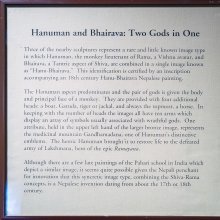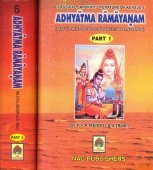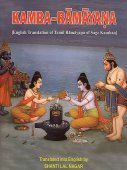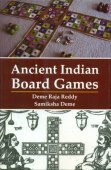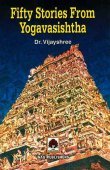Epic: 1 definition
Introduction:
Epic means something in Hinduism, Sanskrit. If you want to know the exact meaning, history, etymology or English translation of this term then check out the descriptions on this page. Add your comment or reference to a book if you want to contribute to this summary article.
Images (photo gallery)
In Hinduism
Kavyashastra (science of poetry)
Source: Shodhganga: Bhismacaritam a critical studyEpic is the word used in western literature to denote the Mahākāvya.—The word ‘epic’ is derived from the Greek word ‘epos’ meaning a word or a song but in later and more general use, it is applied to long narrative poems on heroic themes. Heroic actions are usually based on one principal hero and often with a strong national significance. Sometimes it may be of the achievements of one or more heroic personages of history or tradition. It is treated in a very grand style and at great length also. Without length it is impossible to have the long vistas of action and the variety of characters that an epic requires. The subject of epic should be developed in an orderly manner without emotional stress except in the statements of the characters.
Epics deal with the events which have a certain grandeur and importance and come from a life of action, especially of violence such as war. It gives a special pleasure, because its events and persons enhance our belief in the worth of human achievement and in the dignity of nobility of man. In the great epic, heroic, folktales and ballads have been combined by the poet and transformed into a single work of art while in the lesser epics the story is still fragmentary. Epic in fact has deep and primitive and haphazard way in which they come to be formed. It may also be a combination of tragedy, comedy, lyric, dirge and idyll.

Kavyashastra (काव्यशास्त्र, kāvyaśāstra) refers to the ancient Indian tradition of poetry (kavya). Canonical literature (shastra) of the includes encyclopedic manuals dealing with prosody, rhetoric and various other guidelines serving to teach the poet how to compose literature.
See also (Relevant definitions)
Starts with: Epic characters.
Full-text (+8046): Ramayana, Mahabharata, Valmiki, Vibhishana, Lakshmana, Ikshvaku, Bharadvaja, Sargabandha, Mahananda, Dhananjaya, Jambavatijaya, Shrigala, Patalavijaya, Shuka, Sloka, Khandava, Svargarohana, Mriga, Kumara, Vayasa.
Relevant text
Search found 159 books and stories containing Epic; (plurals include: Epics). You can also click to the full overview containing English textual excerpts. Below are direct links for the most relevant articles:
Animal Kingdom (Tiryak) in Epics (by Saranya P.S)
Chapter 4.1 - Animals and Birds in the Epics and their classifications
Chapter 1.2 - Importance and relevance of the study of the Epics
Jarasandhavadha Mahakavyam (by Pankaj L. Jani)
Part 7 - Epics of the other languages < [Critical Introduction]
Part 6 - The Great Tradition of Sanskrit Mahakavya < [Critical Introduction]
Part 8 - The Jarasandhavadha Mahkavyam as an Epic < [Critical Introduction]
The backdrop of the Srikanthacarita and the Mankhakosa (by Dhrubajit Sarma)
Part 4 - Sanskrit mahākāvyas < [Chapter I - Introduction]
Part 10 - Merits and demerits (of the Śrīkaṇṭhacarita) < [Chapter III - Literary Assessment Of The Śrīkaṇṭhacarita]
Books and Authors < [October – December, 1983]
Revelation as Epic narrative: Epic Poetry East and West < [July – September 1991]
War and Epic Poetry < [January-March 1942]
Annadatri-carita (study) (by Sarannya V.)
The Myth of Grand Feast (Introduction) < [Chapter 1 - The Myth of Grand Feast]
8. The South Indian representation in Kurukshetra war < [Chapter 1 - The Myth of Grand Feast]
6. Unusual Mixing of History and Myth < [Chapter 5 - Annadatri-carita—A Critical Study]
The Gita’s Ethics (A Critical Study) (by Arpita Chakraborty)
9. Ramayana and Mahabharata < [Chapter 1 - Indian Ethics]
10. The Puranas < [Chapter 1 - Indian Ethics]
2. An analysis of Indian ethics in general reveals certain features < [Chapter 1 - Indian Ethics]
Related products
(+1 more products available)
